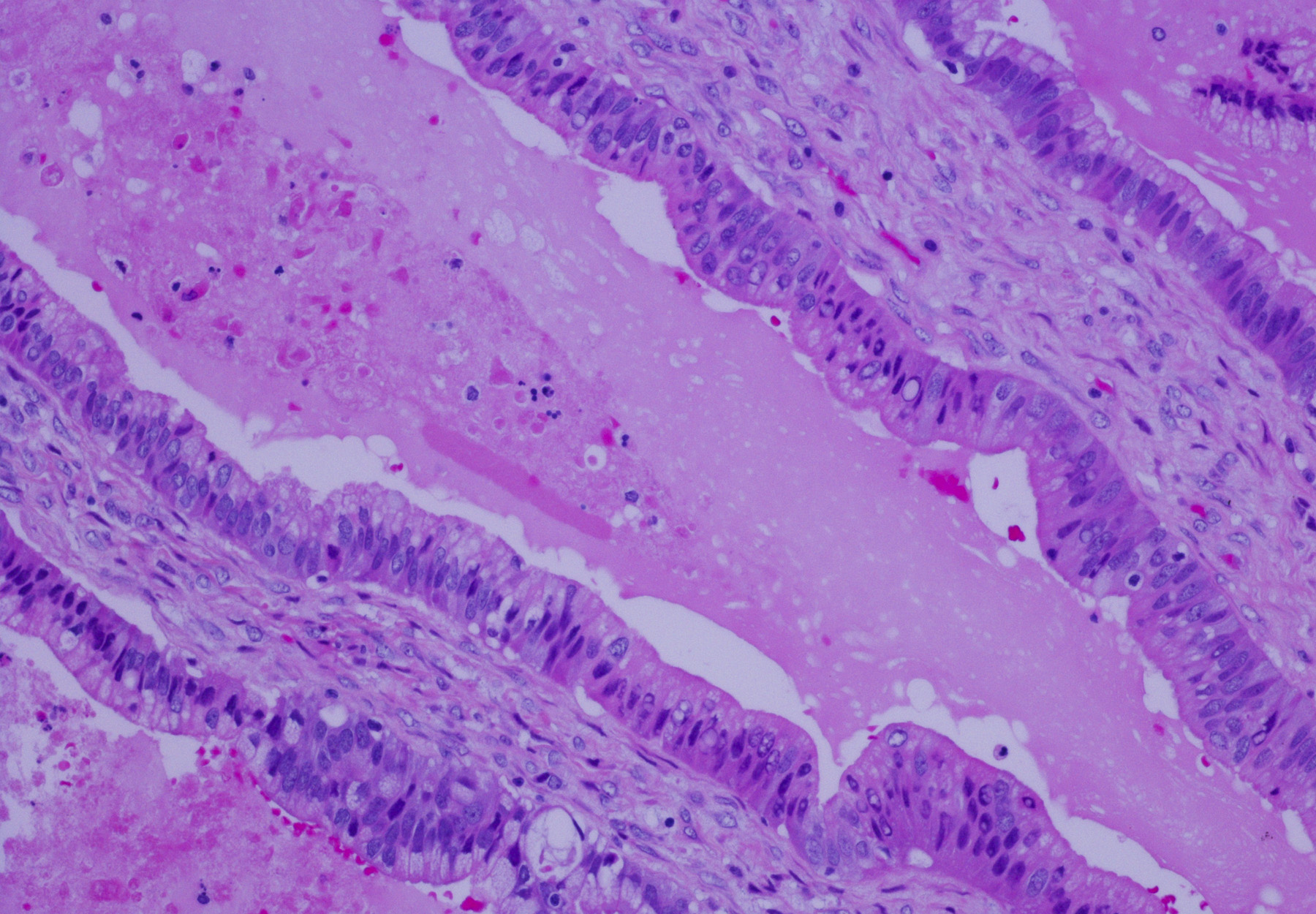Finding cancer at the earliest stage possible, before it can spread, can significantly boost a patient’s chances of survival. However, it isn’t always easy as some cancers don’t produce any symptoms until it is too late for treatment to be successful. A new screening method developed by University of California San Diego, Moores Cancer Center researchers, their colleagues at San Diego biotech company Biological Dynamics, and others shows promise in finding several different cancers at the earliest stages.
In a recently published Communications Medicine study involving the new tool, researchers compared 139 pathologically confirmed stage I and II bladder, ovarian, or pancreatic cancer cases against 184 control subjects. The results showed an overall sensitivity of 70.2 percent for stage I and 72.5 percent for stage II. The new method was most effective in detecting stage I pancreatic cancer, finding 95.5 percent of cases, while it also successfully detected 74.4 percent of stage I ovarian cancer cases, and 43.8 percent of bladder cancer cases.
The team created the new screening tool based on biomarkers found in structures known as extracellular vesicles. They first used a method called alternating current electrokinetics to purify extracellular vesicles from patients’ blood and then used biomarker measurements to create a machine learning (ML) algorithm to detect bladder, ovarian, and pancreatic cancer at stages I and II. Key advantages of the method include:
- It only needs a small volume of sample
- Can be integrated into high-throughput workflows
While the method has only been used in a small pilot study and more research will be needed to confirm its effectiveness, the results are promising, the researchers say.
“This work demonstrates that an EV-based, multi-cancer test has potential clinical value for early cancer detection and warrants future expanded studies involving prospective cohorts with multi-year follow-up,” they conclude.
